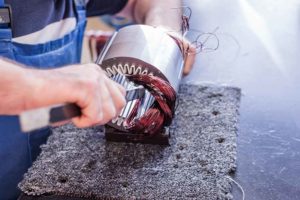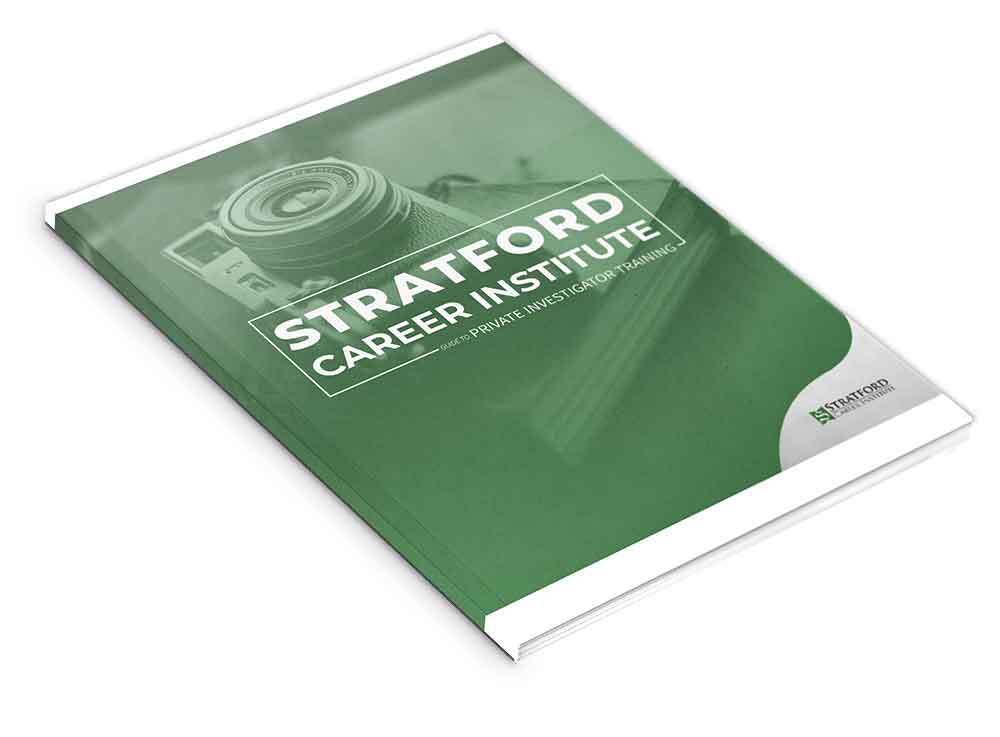
To be clear, this is not a guide for every situation and every employer. Employers have different standards for hiring a small engine mechanic, and some will demand more from their employee, while some will demand less. This post is meant to explain the small engine mechanic education requirements for people looking to become small engine mechanics.
GED
The GED is an equivalent to having gotten a high school degree, often for people who, for one reason or another, did not graduate from their local high school. In general, if you want to find any job, you need to have a high school diploma. However, if you did not get that high school diploma, you’re going to need to get a GED.
High School
If you went to high school for four years, that should be all the education that you need for most courses and most jobs as a small engine mechanic. If you didn’t graduate, then you are going to need to take steps to get a GED in order to qualify for most jobs in the industry, or else you are not likely to be considered.
Knowledge of Tools
The small engine repair mechanic will use a variety of tools when on the job. Many of these tools you have seen before, but a few tools are not likely to be something you have experience with unless you’ve been in the industry before.
A few tools that you will need to use include:
- Crankcase Vacuum Tester
- Compression Tester
- Spark Tester
- Multimeter
- Wireless Tachometer
- Small Engine Charging System Tester
A good course will not just provide you with an understanding of how to use these tools. It will also provide them to you as part of the course. If you haven’t had any experience with these tools, it is likely that you will need to find a course in small engine maintenance or small engine repair that can provide the experience you need, like the course that Stratford Career Institute offers.
Knowledge of Small Engines
Before you get a job as a small engine mechanic or take an advanced course in small engine repair, you are going to need to understand the small engine. You should have knowledge including:
- How a spark plug works
- Fuel, air systems, and fuel mixture
- Fasteners, sealants, gaskets
- Fundamentals of electricity and magnets
- Two and four-cycle engines
- Ignition systems
- Carburetors
Start Your Small Engine Mechanic Education
Again, if you don’t have the knowledge that the job will require, it is in your best interest that you take a class that can give you that education.
This is the education that you should have if you’re looking to get a job as a small engine mechanic.
If you’re lacking any of the education, consider taking Stratford Career Institute’s course on small engine repair. It is an affordable way to learn about small engines at a budget!


